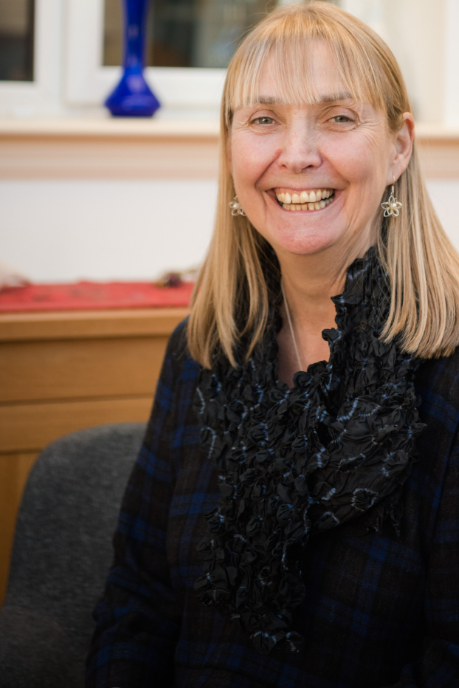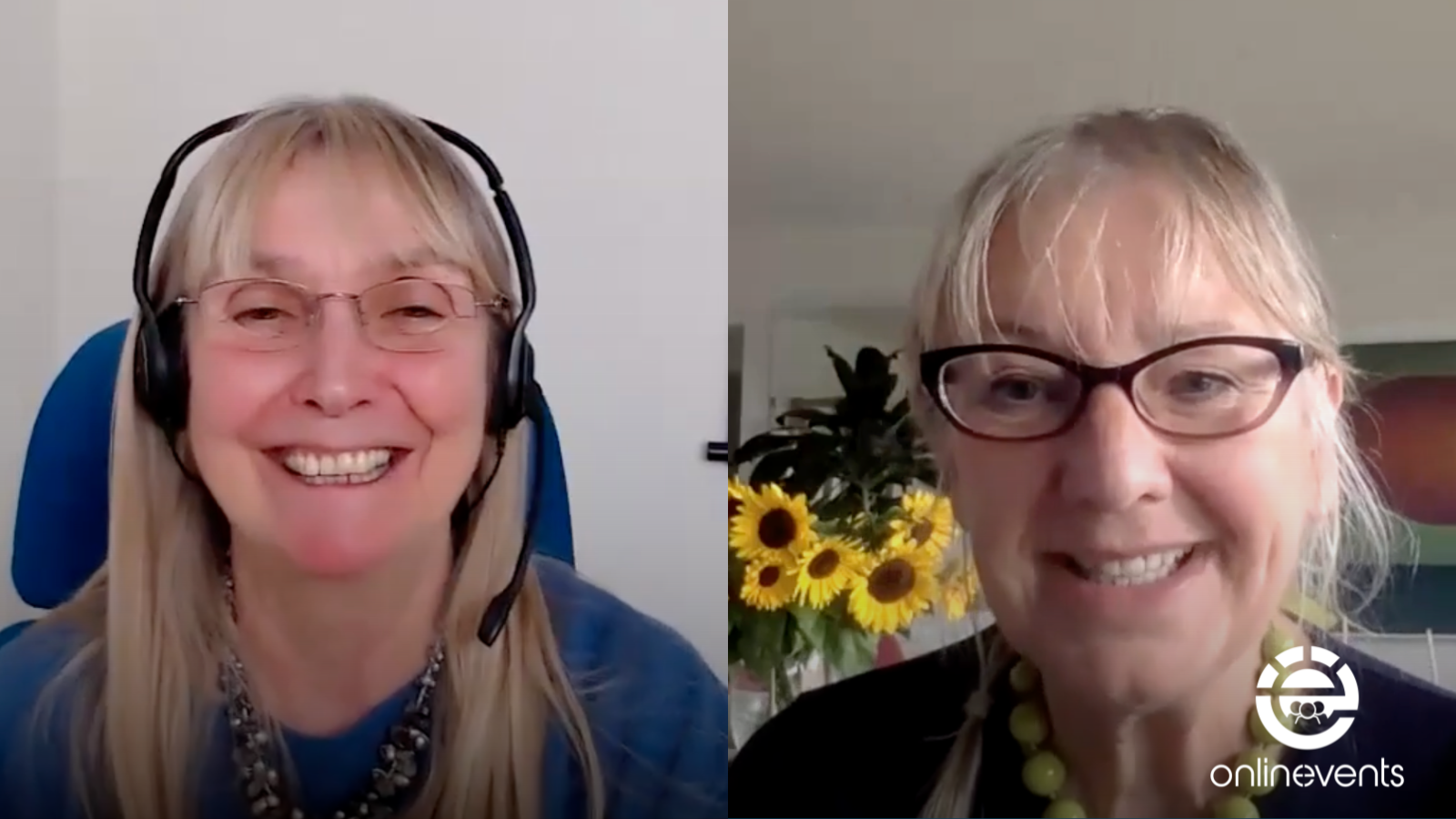Welcome! Do join us for this Introductory series about Supervision.
We’ve run this session in the past….and there seems more to explore. Join us and see where the conversation takes us.
Join us to explore this together in our living-learning community!
WHAT’S LOVE GOT TO DO WITH IT!
Go on….sing at the top of your voice just like Tina Turner…or perhaps (in my case) only like Tina in my dreams!
However, back to the question about ‘love’. What HAS love got to do with our work? When do we engage with love? And what gets in the way of us loving our clients, supervisees, business colleagues. Of course, you will immediately realise I don’t mean a sexual, romantic love. That’s whole different exploration about transference, counter transference, ethics and standards and more.
The ‘love’ we will explore her in this workshop is something more essential to life. Love of another human being, a person, simply navigating life in the best way they can at any given time… with the resources available.
What if we turned our attention to engaging with love?
One of our simple rules guiding supervision, which we use as the basis for our Diploma in Supervision programme is 
WHAT ARE SIMPLE RULES?
‘Simple rules’ is a term that describes a set of guiding principles, behaviours, we have seen within the practice of supervision that are generative. In other words, if we hold these behaviours, we might amplify the experience of ‘supervision’ as defined by those engaged in it.
STEPPING INTO SUPERVISION
Although we take a coaching perspective in this series, these workshops are suitable for anyone entering supervision, or training to become a supervisor, from any of the professional disciplines often known as the Helping Professions.
By coming together in a multi-professional group of coaches, counsellors, psychotherapists, teachers and other professionals we can re-consider some of our own assumptions and beliefs, open our heart, mind and will to new practice and become more clear on what kind of supervision fits best at present.
For those considering becoming a supervisor, each session in this series will offer one dimension of supervision, and with the engagement of colleagues participating in the workshop, old friends and new acquaintances, we might explore from multiple perspectives.
Course Content
Presenter

Jo Birch has over 30 years’ experience as a psychotherapist and executive coach. An accredited supervisor, she remains an active contributor to the counselling, psychotherapy, coaching, and supervision communities — formerly Chair of BACP Coaching and board member of AoCS and EASC.
Currently the holder of the EMCC Global Supervision Award, Jo’s work is recognised for her long-standing professional contribution and leadership in supervision practice. As Director of Crucial Difference, she leads an international team providing supervision training for coaches and supporting leadership development across the helping professions and beyond.
A regular journal contributor, Jo is editor of Coaching Supervision Groups: Resourcing Practitioners (2022) and co-editor Coaching Supervision: Advancing Practice, Changing Landscapes (2019) in the EMCC Mastery Series, and previously series editor of Thinking Global for Coaching Today.
Jo is committed to creating a more just and inclusive world. Having lived and worked in diverse inner city environments, she integrates multicultural learning into her work, delivering training in multiple languages (including English, Russian, and Chinese) and expanding her own cultural understanding through the study of Urdu and Spanish.

Shirley has extensive cross-cultural experience as a coach, mentor, and supervisor. Her background in global human resources gives her a unique perspective on leadership development. Shirley has developed expertise in using creative tools and art-based approaches to explore difficult dynamics when language falls short. Her work with imagery and embodied approaches, honed over 30 years, provides clients with a new way of thinking and processing their experiences, applicable both in-person and virtually.


